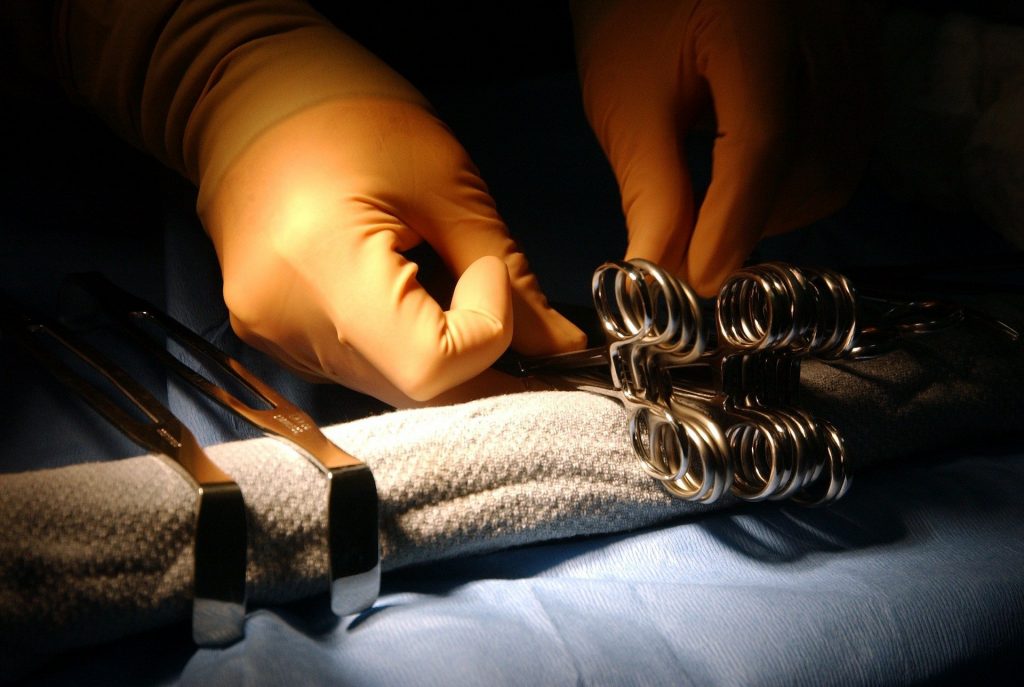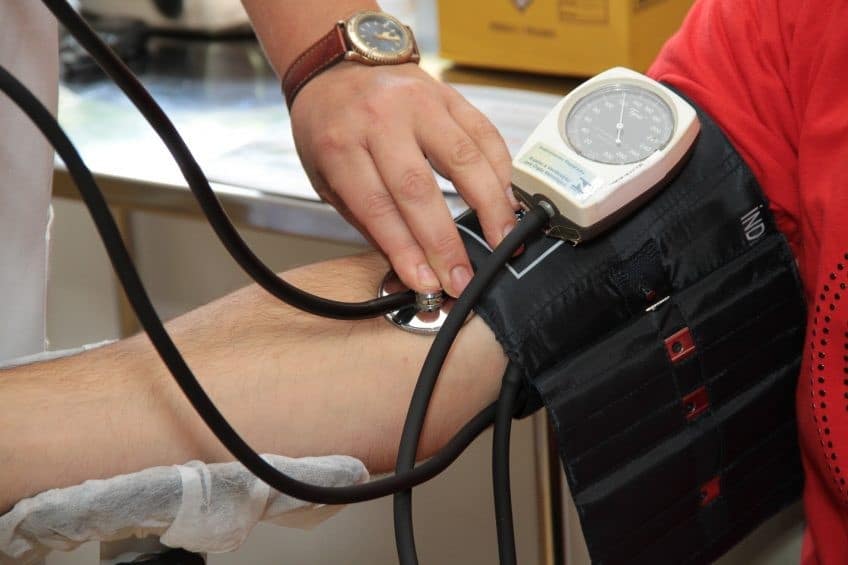Medical Malpractice Pre-Suit Notice From Improper Expert Not Valid
Medical MalpracticeIn the case of Rodriguez v. Nicolitz, Case Number 1D16-4604, (Fla 1st DCA May 18, 2018), the First DCA held that a pre-suit affidavit from an “infectious disease” specialist did not comply with section 766.106, Fla. Stat. as the “same or similar specialty” as an “opthalmologist” and that a “legal relationship” with the other doctor who was sued did not preserve the plaintiff’s right to sue.
Facts Of The Case
Rodriguez had a procedure performed on her eyelids by Dr. Nicolitz and was less than satisfied with the results. She also developed an infection afterward and claimed visual impairment, dizziness, and claims that she now has an asymmetrical facial appearance as a result (I do not address whether any of those allegations are true). Dr. Champion (whom this appeal involves the most) only examined Rodriguez after the procedure and was an employee of Dr. Nicolitz.
Her attorney sent a notice of intent to sue for medical malpractice under section 766.106, Fla. Stat. to Dr. Nicolitz with an affidavit from an opthalmologist (Dr. Siegel). This pre-suit notice letter stated that “no other defendants were known.”
After the lawsuit against Dr. Nicolitz had been filed, the plaintiff sent a notice of intent to sue for medical malpractice to Dr. Champion (also an opthalmologist, like Dr. Nicolitz) with an affidavit from an “infectious disease” specialist (Dr. Sall).
The opinion does not explain whether the plaintiff could have obtained an affidavit from Dr. Siegel concerning Dr. Champion’s care as opposed to just Dr. Nicolitz’s involvement.
Thereafter, Dr. Champion challenged her introduction into the lawsuit as being done by the plaintiff without an affidavit from an expert with the same or similar specialty.
The plaintiff responded with the argument that the pre-suit notice of intent sent to Dr. Nicolitz also placed Dr. Champion on notice of the plaintiff’s claim because Dr. Champion had a “legal relationship” as an employee of Dr. Nicolitz.
So What Went Wrong?
The problem for the plaintiff in this case is that they did not have Dr. Siegel (an opthalmologist) sign an affidavit with respect to Dr. Champion (perhaps Dr. Siegel did not have any criticisms of Dr. Champion and, therefore, would not sign an affidavit against Dr. Champion).
On the other hand, Dr. Sall (as an “infectious disease” specialist) was merely an expert testifying as to “causation” rather than the standard of care. In Florida, “standard of care” experts must have credentials that are the “same or substantially similar” to that of the doctor that they are criticizing. The same is not true for causation experts, who often need to have a different specialty than the doctor who is alleged to have made the mistake (committed malpractice).
Ordinarily speaking, notice to the principal (i.e. employer) also serves as notice to the agent (i.e. employee, or person who has a “legal relationship” with the principal) as referenced in Fla. R. Civ. P. 1.650 which says:
Notice of intent to initiate litigation sent by certified mail to and received by any prospective defendant shall operate as notice to the person and any other prospective defendant who bears a legal relationship to the prospective defendant receiving the notice. The notice shall make the recipient a party to the proceeding under this rule.
This is normally reserved for “vicarious liability” (who are jointly and severally liable for one another) and not an independent basis for medical malpractice liability because the standard of care is often different among doctors of different specialties and job descriptions. One size does not fit all in this regard as Dr. Siegel may have been critical of Dr. Nicolitz but not critical of Dr. Champion (and while Dr. Nicolitz is jointly and severally liable for Dr. Champion as his employee, Dr. Champion is not jointly and severally liable for Dr. Nicolitz).
This opinion was not the easiest opinion to read or understand. However, making those two connections (not directly stated in the opinion) allows us to understand why the court decided this case.
The other thing that happened was that the plaintiffs were not required to say in the pre-suit notice that there were no other defendants known. This was not required by section 766.106, Fla. Stat. Notwithstanding, it would seem unfair to hold this statement against the plaintiff in deciding a medical malpractice case.
Get Help For Your Case
The area of medical malpractice has become very complicated in Florida, even for experienced attorneys. If you need help with your medical malpractice case, you should contact us for a consultation with a Lakeland medical malpractice attorney.


